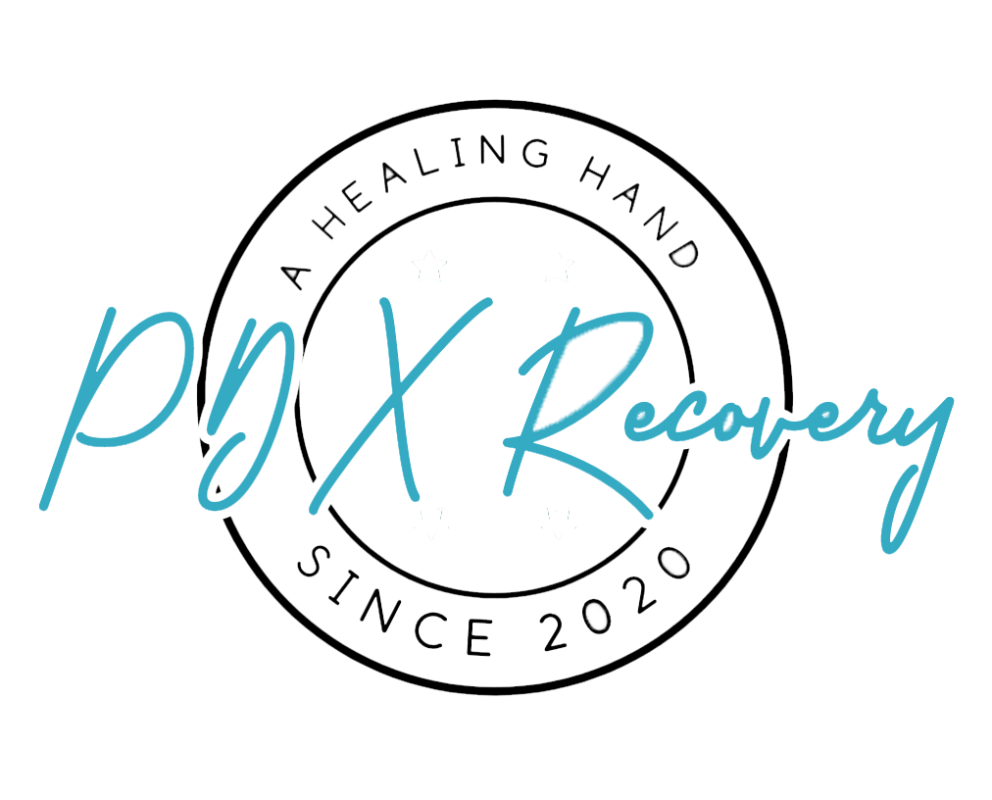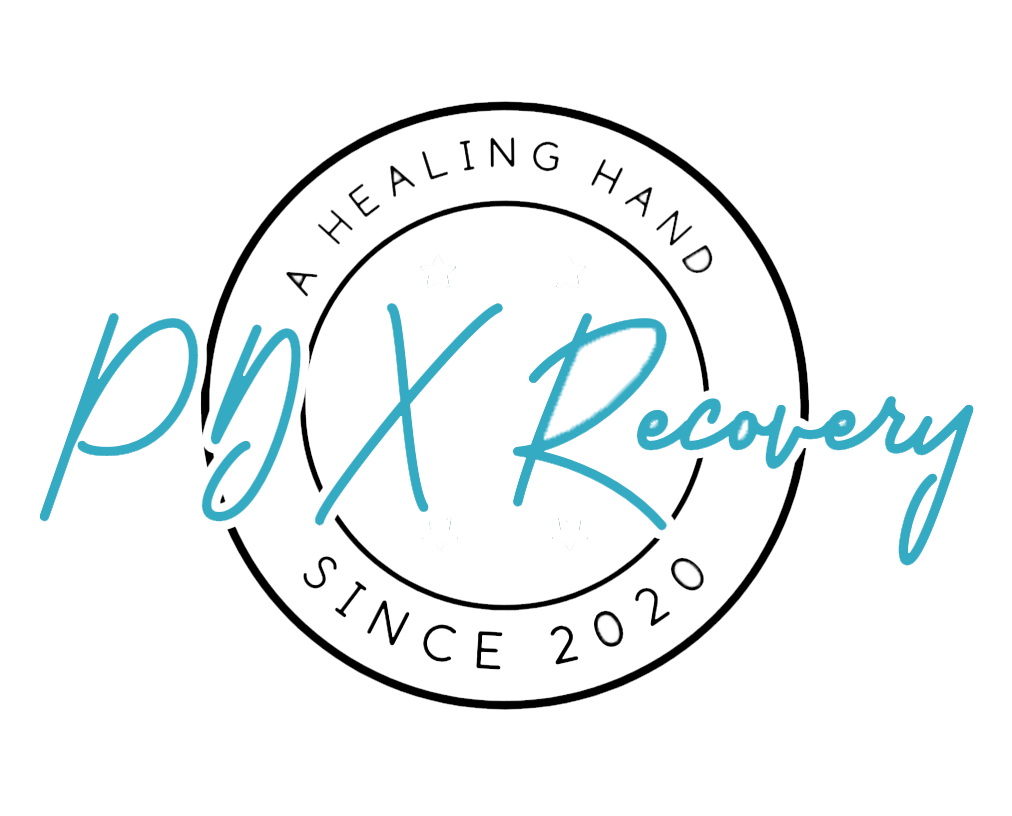Motivational Interviewing
Motivational Interviewing (MI) is a client-centered therapeutic approach aimed at boosting an individual’s motivation and readiness for change. It entails a collaborative dialogue between the therapist and the client, where the therapist aids the client in identifying their goals and reasons for desiring behavioral change. MI is frequently employed in outpatient programs for individuals with substance use disorders, helping them overcome ambivalence and resistance to treatment. At PDX Recovery, our therapists utilize MI techniques to build rapport and support clients in discovering their own motivation for recovery.
Verify BenefitsWhat is Motivational Interviewing?
Motivational interviewing (MI) is a therapeutic approach designed to help individuals uncover their own motivation and desire to make positive life changes. This client-centered method encourages people to find their internal drive for change rather than having it imposed upon them.
In an outpatient setting, MI typically involves one-on-one therapy sessions in which a therapist collaborates with the individual to explore their goals, values, and motivations for change. The therapist assists the individual in identifying potential obstacles and developing strategies to overcome them. At PDX Recovery, we integrate MI with other evidence-based therapies to support individuals in overcoming addiction and achieving their recovery objectives.
How Does Motivational Interviewing Help?
Motivational interviewing (MI) supports individuals in making positive life changes by addressing their ambivalence and resistance. By offering a safe, non-judgmental environment, MI allows people to explore their thoughts, feelings, and behaviors, fostering a deeper self-understanding and motivation for change. This approach helps individuals build the confidence needed to implement meaningful changes.
Additionally, MI emphasizes a strong therapeutic relationship between the therapist and the individual, enhancing trust and collaboration throughout the recovery journey. At PDX Recovery, we incorporate MI into our comprehensive care strategy to assist individuals in overcoming addiction and achieving long-term recovery.
Want to Know More About Treatment at PDX Recovery?
At PDX Recovery, we understand that the journey to recovery is unique for every individual. That's why we offer a comprehensive range of treatment options tailored to meet the specific needs of each person who walks through our doors.
Our holistic approach combines evidence-based practices with compassionate care to ensure the best possible outcomes for our clients.
Our treatment modalities include individual therapy, group therapy, family counseling, and medication-assisted treatment (MAT). Individual therapy offers a private space for clients to work through personal challenges with a dedicated therapist, while group therapy provides a supportive community environment for sharing experiences and learning from others.
Family counseling helps repair relationships and foster a supportive home environment crucial for recovery. For those struggling with opioid addiction or certain other substance use disorders, MAT can be an effective component of treatment, reducing cravings and withdrawal symptoms to support overall recovery.
At PDX Recovery, we believe that lasting recovery encompasses not just abstinence from substances but also a renewed sense of purpose and joy in life. Our dedicated team works closely with each client to develop a personalized treatment plan that addresses not only the addiction itself but also any underlying issues that may contribute to substance use. Whether you're taking your first steps towards recovery or seeking support on your ongoing journey, PDX Recovery is here to guide you toward a healthier, happier future.
learn more
Verify Your Insurance With Us!
Freeing yourself from Addiction doesn't have to be hard. Take the first Step and begin filling out the form, it's the initial phase in achieving a healthy recovery. We offer the necessary guidance and professional care crucial during the early treatment stages.





